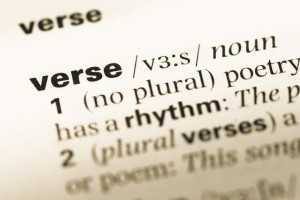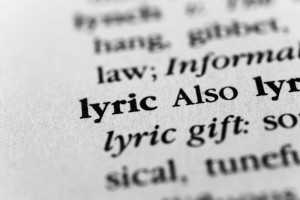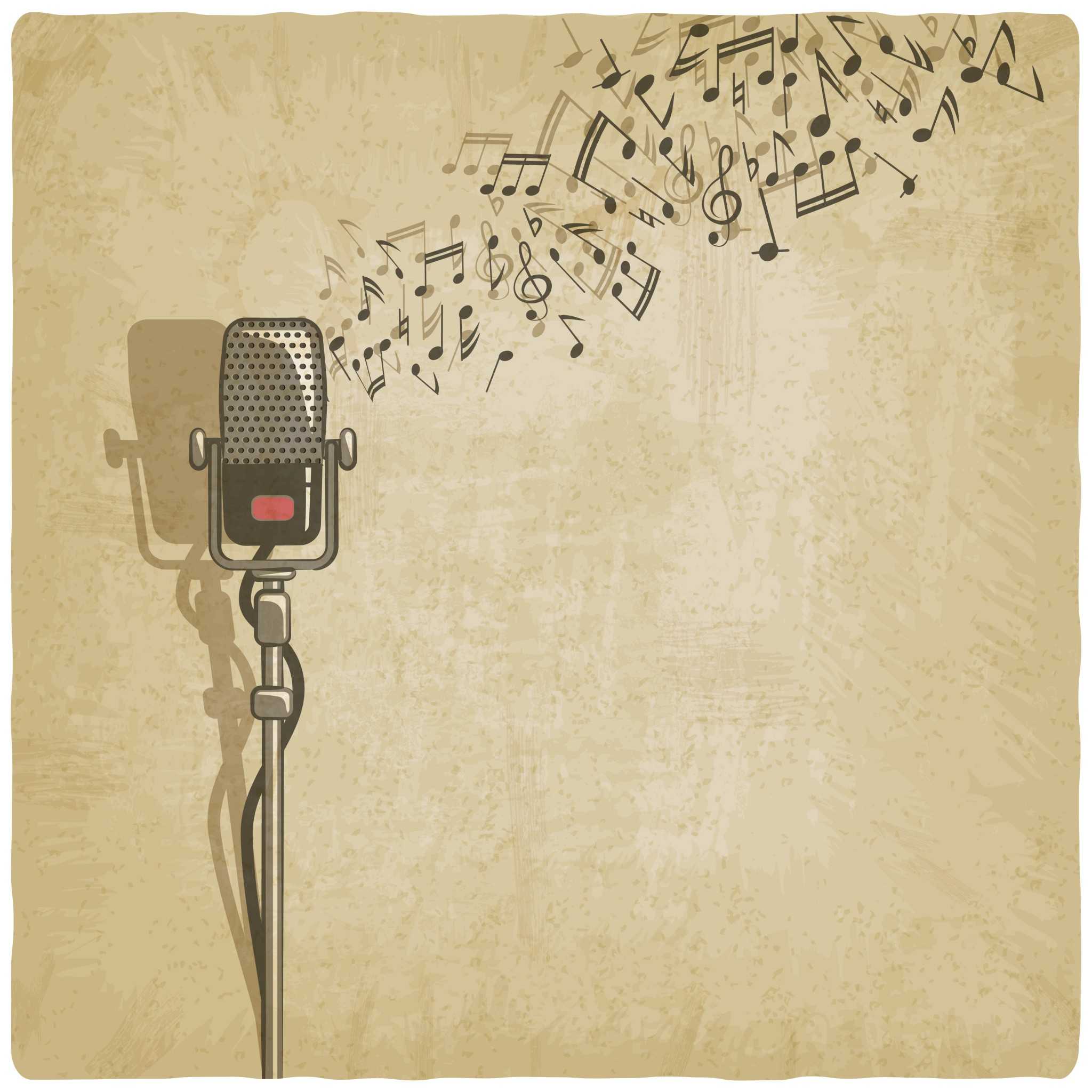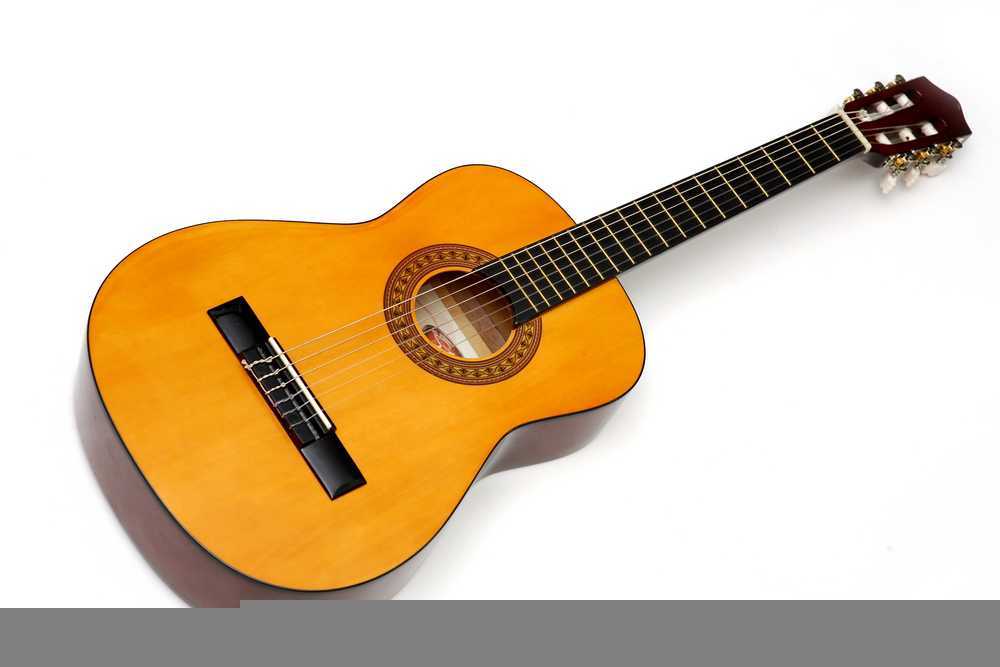Despite what you’ve heard, Pop music isn’t just songs from boy bands and teen idols. Pop music, or popular music, is a term that encompasses music from an indescribably huge swath of genres,  styles, and time periods. Everything from Beach House to The Beach Boys, Kanye to The Kinks, and Hank Williams to Hinder is considered to be some form of Pop music. Songwriters new to the game often ask themselves how to write a Pop song, but a better question to ask is how to write a successful song. We’ll get to that in a minute.
styles, and time periods. Everything from Beach House to The Beach Boys, Kanye to The Kinks, and Hank Williams to Hinder is considered to be some form of Pop music. Songwriters new to the game often ask themselves how to write a Pop song, but a better question to ask is how to write a successful song. We’ll get to that in a minute.
What Defines a Pop Song
A Pop song is pretty much anything you’d hear on the radio—this includes college and alternative stations. Great songwriters have bent and stretched the limitations of Pop over the last hundred years, but the structure, tonality, instrumentation, and lyrical themes of popular music actually hasn’t changed all that much.
The Verse
 When you boil it all down, most Pop songs feature some sort of A and B section. A sections are typically known as verses. A verse is a storytelling device where the singer lays out a story by way of melody—a philosophical statement of discontent, a painful story of unrequited love, a poignant observation about the state of the world, etc. The function of the verse is to tell a story, sustain musical tension, and build up to a high energy chorus (the B section). A successful verse melody is one that is strong yet subdued. It seduces you into listening by delivering something compelling; whether it be a haunting melody, some captivating instrumentation, or a definable mood.
When you boil it all down, most Pop songs feature some sort of A and B section. A sections are typically known as verses. A verse is a storytelling device where the singer lays out a story by way of melody—a philosophical statement of discontent, a painful story of unrequited love, a poignant observation about the state of the world, etc. The function of the verse is to tell a story, sustain musical tension, and build up to a high energy chorus (the B section). A successful verse melody is one that is strong yet subdued. It seduces you into listening by delivering something compelling; whether it be a haunting melody, some captivating instrumentation, or a definable mood.
Versus are vital; they set the tone and feel for the entire song. If your verse lacks character, purpose, and identity, then chances are that a chorus won’t be able to save it, no matter how strong and interesting it is. Invest some time and serious thought into your verses. Everyone’s songwriting method is different, but I typically find that tooling around with pairing certain chords together is a great way to build a verse. You might want to write down lyrics and let the story you tell inform the sort of verse you create. The process of how to write a pop song verse is totally up to you.
The Chorus
If a Pop song is a birthday cake, the chorus would be the sweet frosting exterior; the part that everyone sees and remembers. The chorus is the part of the Pop song where we get to be louder, more energetic, less restrained. If you’ve written an engaging verse, the chorus should come naturally. Key changes, higher vocal melodies and catchy hooks are good ways to deliver energy to choruses, but it’s not always that simple. Every song is unique and should be treated as such. Invest time in playing around with different chord progressions and you’ll begin to see where a verse is naturally headed. A good chorus is a departure from the verse, but not enough of a change that it distracts from the song as a whole.
energetic, less restrained. If you’ve written an engaging verse, the chorus should come naturally. Key changes, higher vocal melodies and catchy hooks are good ways to deliver energy to choruses, but it’s not always that simple. Every song is unique and should be treated as such. Invest time in playing around with different chord progressions and you’ll begin to see where a verse is naturally headed. A good chorus is a departure from the verse, but not enough of a change that it distracts from the song as a whole.
Other Sections
Verses and choruses are a Pop song’s staple sections, but they’re by no means the only sections. When learning how to write a pop song, intros, endings, bridges, and instrumental sections should be studied as well. They are powerful songwriting tools that can add valuable character, momentum, and direction to the music you’re writing. A thoughtfully-constructed intro is your way to set the tone of your song by introducing instruments, suggesting a tonality, and constructing a mood. The intro is your chance to define a mood that will carry through your song or hint at a theme or idea that you’ll develop later. Or, you could present something that leads the listener in a certain direction and then surprise them with a first verse that sounds completely different. Get creative with your intros, but don’t just add something because you think you have to.
Bridges are excellent explaining sections. They bring the music to new, unexpected places and they serve as devices that move the lyrical content along. Bridges can serve as excellent connecting sections that link verses and choruses (or vice versa) with new blood, renewed energy, and fresh instrumentation. If you like your song, but you feel like it needs a little oomph, consider writing a thoughtful bridge to change things up. Endings serve a similar purpose, but with an added finality and musical resolve.
When executed correctly, these sorts of transitional sections can add an elevated level of sophistication to your songwriting, but when thinking about how to write a pop song, keep in mind that more sections doesn’t translate to better songs. Daniel Johnston’s “True Love Will Find You In The End”—an indie-pop song widely loved by millions—consists of just two simple verses. No choruses, bridges, or instrumental sections needed. In songwriting, conveying a mood and displaying honest tension in a compelling way is far more important than making music that sounds perfect. Skill is important, but more often than not, the listener wants to hear something relatable and engaging.
Pop Lyrics
 I’ve taught songwriting for about a decade now, and lyric writing consistently comes up as a huge challenge for my students when working on how to write a pop song. Why is that? Creating a narrative out of thin air isn’t just difficult because it requires skill but also because it’s revealing. It shines a spotlight into a songwriter’s brain and gives us a unique perspective into their thoughts, views, and ideas. Understandably, this can leave a songwriter feeling vulnerable and sometimes hesitant. If you’re foreign to the lyric-writing process, I suggest writing something ridiculous to start. Writing something silly is a low pressure way to hone in your writing skills. Once you’re ready to write something more serious, take the time to find out what’s meaningful to you. Pop music lyrics aren’t just about love. Religion, death, money, politics and geography are topics frequently covered in Pop music. Jot down your ideas and start setting some words to music.
I’ve taught songwriting for about a decade now, and lyric writing consistently comes up as a huge challenge for my students when working on how to write a pop song. Why is that? Creating a narrative out of thin air isn’t just difficult because it requires skill but also because it’s revealing. It shines a spotlight into a songwriter’s brain and gives us a unique perspective into their thoughts, views, and ideas. Understandably, this can leave a songwriter feeling vulnerable and sometimes hesitant. If you’re foreign to the lyric-writing process, I suggest writing something ridiculous to start. Writing something silly is a low pressure way to hone in your writing skills. Once you’re ready to write something more serious, take the time to find out what’s meaningful to you. Pop music lyrics aren’t just about love. Religion, death, money, politics and geography are topics frequently covered in Pop music. Jot down your ideas and start setting some words to music.
Not every songwriter is a lyricist! Being able to take accurate stock of your strengths and weakness will save you lots of time and struggle as a songwriter. This isn’t to say that you should give up the minute you struggle to write down a few meaningful lyrics, but if it’s not clicking after a year or two of serious effort, then maybe it’s time to focus on the elements of songwriting that you do thrive in.
Melodies
Michael Jackson’s “Beat It”, Johnny Cash’s “Ring of Fire”, and “She Loves You” by The Beatles all have one thing in common: incredible melodies that can’t help but get stuck in your head. I don’t think I’m being controversial when I say that melodies are the most important part of Pop music. A catchy, thoughtfully-placed melody can make or break your Pop song. Once you’ve created a solid chord progression, loop it over and over again and start singing. It doesn’t matter if you begin the melody-writing process without lyrics (I rarely have lyrics written when I write new songs). Sing something until you land on a melody that you like. If you give it enough time, the shape, phrasing, and feel of a melody will come to you. Recording this process on your phone or computer is a good idea, especially when figuring out how to write a pop song, because you might forget whatever you come up with.
think I’m being controversial when I say that melodies are the most important part of Pop music. A catchy, thoughtfully-placed melody can make or break your Pop song. Once you’ve created a solid chord progression, loop it over and over again and start singing. It doesn’t matter if you begin the melody-writing process without lyrics (I rarely have lyrics written when I write new songs). Sing something until you land on a melody that you like. If you give it enough time, the shape, phrasing, and feel of a melody will come to you. Recording this process on your phone or computer is a good idea, especially when figuring out how to write a pop song, because you might forget whatever you come up with.
Unless you write an amazing melody right away, consider writing a few different versions over your chosen chord progression and then pick the best one. I’ve even cobbled together different parts of melodies to create ones I’ve used in my songs. Do your best to write a melody that serves the song you’re writing. Some songs call for an urgent, forceful, and rhythmically-driving melody, while others require something more fragile, soft, and haunting. Get familiar with your own music and sing something out loud until you find just what your song needs.
The Demo
Once you have a solid idea for a song, it’s time to record a demo. It might be tempting to skip the demo, but hearing all the elements of your song put together is an essential part of how to write a pop song as it can give you a good idea of what your song sounds like, and what it needs to be better. Demos are rough drafts, and you shouldn’t spend too much time focusing on what they sound like. Record your song and start the hard work of editing, rewriting, recording, and producing.
Recording
 Recording is a hugely important process, and it should be something that you plan and budget for long in advance if you want to write a successful Pop song. Look up studios in your area and listen to the songs they’ve produced to make your decision of where to record. If you’re interested in getting serious about Pop songwriting, then you’ll eventually have to invest in recording equipment like mics, preamps, and a mixing board. Regardless of how you plan to record, it’s imperative that you know what you’re doing and have rehearsed thoroughly. If you’re working with a full band, this advice is even more applicable. Bands lacking experience and practice often come into the recording studio expecting an easy process that’ll result in a pristinely-recorded song. No, no, no. Inexperienced musicians make the recording process nearly impossible. Know exactly what you’re doing and be as ready as possible before you record. No one is perfect, but you should have a crystallized idea of your song and the way you perform it long before you even think about recording a final version. The sound engineer that records you will be glad you did.
Recording is a hugely important process, and it should be something that you plan and budget for long in advance if you want to write a successful Pop song. Look up studios in your area and listen to the songs they’ve produced to make your decision of where to record. If you’re interested in getting serious about Pop songwriting, then you’ll eventually have to invest in recording equipment like mics, preamps, and a mixing board. Regardless of how you plan to record, it’s imperative that you know what you’re doing and have rehearsed thoroughly. If you’re working with a full band, this advice is even more applicable. Bands lacking experience and practice often come into the recording studio expecting an easy process that’ll result in a pristinely-recorded song. No, no, no. Inexperienced musicians make the recording process nearly impossible. Know exactly what you’re doing and be as ready as possible before you record. No one is perfect, but you should have a crystallized idea of your song and the way you perform it long before you even think about recording a final version. The sound engineer that records you will be glad you did.
Production
Production is the time when you can add layers of extra instrumentation, atmosphere, and other sounds to your Pop song to bring it to the next level. There are no hard and fast rules here, but a smart guiding production principle is to start sparse and go from there. If the demo song you’ve recorded doesn’t sound compelling in its own right, then production isn’t going to add that much. Take time to get your song the very best it can be before you move on to production. I’ve been in a situation where I recorded a simple demo of one of my most promising songs and then ended up overproducing it to death after I recorded it. I wrote three different versions of the song, but could never recapture the spirit of that first demo. I eventually had to cut my losses to move on and write new songs. Good Pop music is all about trying to capture the spirit of something, and production doesn’t create a mood; it enhances it.
In the old days, you’d have to work with other musicians to add layers of extra instrumentation for production, but luckily, you live in 2016 and have access to powerful production software programs like Logic, Reason, Garage Band, Ableton, and dozens more. This isn’t to say that synth sounds will ever replace live musicians, but everyone from Radiohead to Leonard Coen have found creative ways to feature electronic synths in their music to great success. Tool around with added instrumentation and layering to see what sort of sounds you can come up with. Work until you land on some sounds you like and add them to your song.
Mixing/Mastering
Even experienced songwriters who know how to write a pop song and who engineer their own tracks often have seasoned audio professionals mix and master their tracks. Mixing is a process where each track you’ve recorded gets turned up or down in a way that serves the song. The low or high end of each track is also brought out. Mixing engineers are tasked with making certain elements like vocals or bass parts cut through to be heard more easily by the listener. A mastering engineer prepares and transfers your song to get it ready for CD and vinyl duplication. Mastering engineers make sure that your song is the same volume no matter where it’s played. Unless you want to thoroughly study audio in college, you won’t be able to master your own tracks.
Keep Writing
Asking, “How To Write a Pop Song”, is a good step to take if you’re interested in writing music, but it has to be answered with action if you ever want to get anywhere. A fruitful songwriting practice is like any other sort of practice. You gain skill, confidence, and experience over a long, tedious period of time. Set goals for yourself and commit to meeting them. If you want to write good Pop music, it’s as simple as sitting down with your instrument and being brave enough to try.








